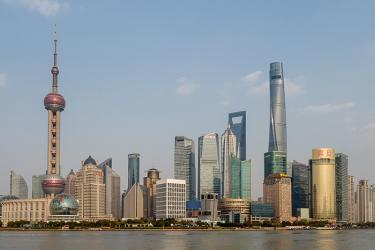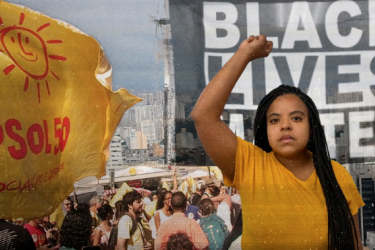Brazil

Statements: End the repression against socialists in solidarity with Palestine
Statements in defence of Brazilian and Indian socialists facing repression for standing in solidarity with Palestine.

Socialist Left Movement (MES): For an independent and anti-capitalist PSOL
The following thesis has been submitted by the Socialist Left Movement (MES) and its allies for discussion at the PSOL's 8th Congress.
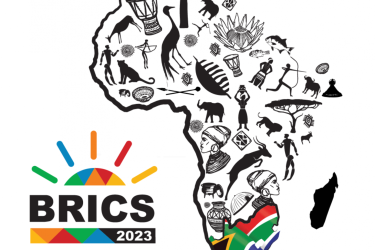
BRICS+ emerge from Johannesburg humbled as sub- (not anti- or inter-) imperialists
Patrick Bond — The BRICS summit in Johannesburg concluded on August 24 after a major disappointment: the long-overdue challenge to U.S. dollar hegemony was stillborn due to the bloc’s conservative forces.
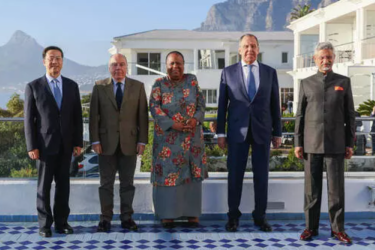
The Johannesburg BRICS Summit’s unrealistic hype
Patrick Bond — Talk of a “BRICS+” with new members and a “de-dollarization” agenda are raising the profile of this network to an unprecedented — and unrealistic — level.
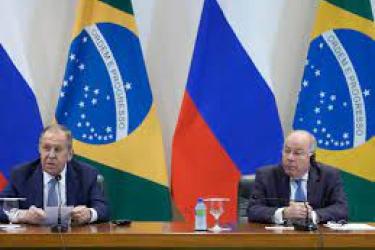
Israel Dutra, of the Brazilian Socialist Left Movement (MES) within the Socialism and Liberty Party (PSOL), speaks to Federico Fuentes about Putin’s war and Brazilian president Luiz Inácio Lula da Silva’s peace proposal. Dutra also discusses the twin challenge facing the international left today: inter-imperialist rivalry and combating the extreme right.
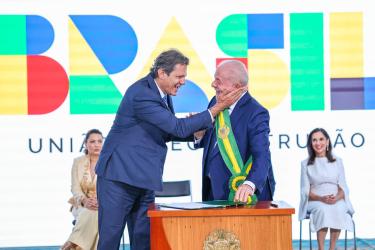
Israel Dutra (MES/PSOL): A week of polemics in Brazil
Israel Dutra — Our tactic must be to combine the struggle against the far right with defending PSOL's independence.

Brazil: Neither forgive nor forget — In memory of the struggle of Marielle and Anderson!
Israel Dutra & Thiago Aguiar — The death of Marielle Franco and Anderson Gomes was, without a doubt, the most important political assassination in Brazil's recent history.
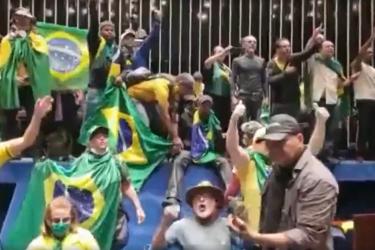
Brazil's 'Capitol Hill riots’: Confront the fascists, without truce or amnesty
Israel Dutra & Roberto Robaina - We will take to the street demonstrations, raising the flag that there be no forgiveness for those responsible of genocide and coup-plotters. Without amnesty and with the maximum democratic mobilization.

Pele leaves us but his magic will never die
Dave Kellaway reflects on Pele’s art and football’s role in the capitalist spectacle.

Brazil: National Executive Board confirms PSOL’s independence from Lula’s government
Tatiana Py Dutra - The National Executive of the PSOL has defined its position on participation in the government of Luiz Inácio Lula da Silva by voting to not occupy positions in the new administration.
